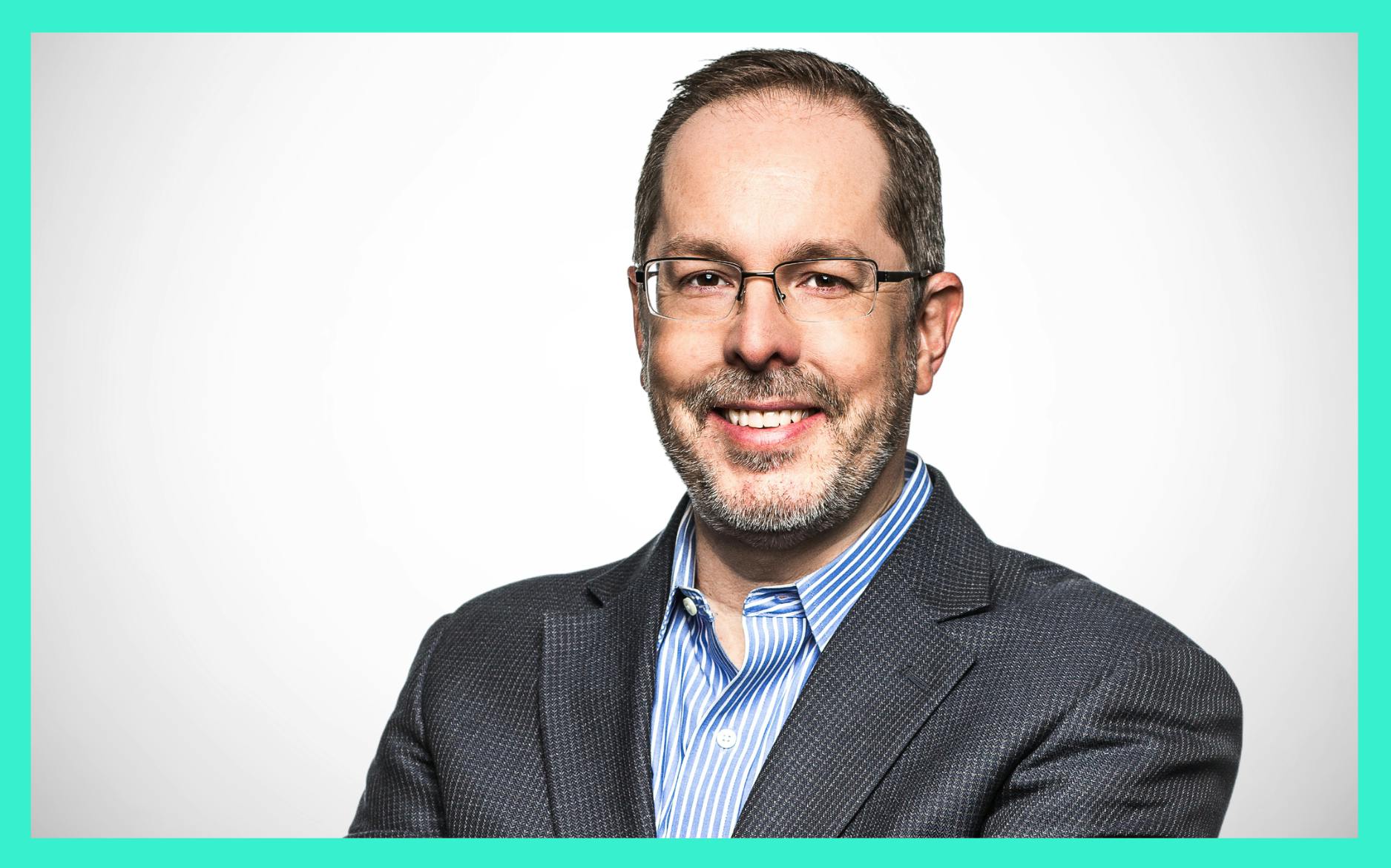Peter Horadan (CEO, Vouched)
Peter is the CEO of Vouched, the leader in AI-powered identity verification for healthcare, banking, and financial services. He joined Vouched with a track record in fundraising and driving growth and innovation in SaaS, having created over $20 billion in market cap as Chief Executive or Technology Leader in his prior roles. Prior to Vouched, Peter founded Seattle-based Lockstep in 2019, which he scaled and then sold to The Sage Group in 2022. Peter founded Lockstep to create the world’s first connected accounting platform. Upon growing the company’s digital network to connect more than 26,000 companies, Horadan successfully sold the company to The Sage Group, the leader in accounting, financial, HR, and payroll technology for SMBs. Prior to that, Horadan built the technology at transactional tax titan Avalara during the critical growth phase leading to the company’s IPO. His career has also included leadership roles at Concur Technologies, Scout Analytics, Microsoft, Corillian, and BEA Systems.

Can you explain your job as if you were speaking to a five-year-old?
I’m the CEO of Vouched, the leader in online identity verification for healthcare. We take care of the Know Your Patient and Know Your Employee so that you can just focus on providing the best experience for your patients.
In a simple scenario, a patient comes to you for telehealth. Before discussing their medical history, you need to verify their identity. Otherwise, you may violate HIPAA by sharing PHI with the wrong individual. Similarly, when it comes time to prescribe medication to your patient, you must have a bonafide patient-client relationship. The first step in that is knowing who your patient is—even in telehealth.
Vouched makes all this easy. Our painless online ID document verification and fraud detection solves this problem while providing your patients and employees with a procedure they can easily complete.
What excites you most about your job?
I’ve been a software guy my entire career. The greatest joy in software comes from riding a wave of technology change and helping new industries make the most of that technology. Technology has dramatically changed how we all do our jobs. But we’re just getting started, and there’s a long way to go.
Which trend will change the future of medicine?
We’re focused on the coming changes to identity and how that will impact healthcare. Usernames and passwords aren’t good enough anymore. AI can be a force for good but also for evil. AI-based deepfakes are starting to really fool people, and it’s easier than ever to convincingly impersonate someone you are not.
In a recent example, pranksters made a very convincing AI-generated video of Rishi Sunak, Nigel Farage, Kier Starmer, and Boris Johnson playing Minecraft on Parliament’s Minecraft server. The video was so convincing that their campaigns had to issue statements that the video was not real.
We’re about to see the adoption of new ways to identify ourselves online. Digital IDs will be coming soon, as well as a mobile driver's license—where your ID lives on your phone instead of in your wallet.
Combined with the strong patient desire for convenient online interactions, these developments will all pose new challenges for healthcare providers to navigate to maintain regulatory compliance whilst providing a wonderful patient experience.
Looking back, which trends have you missed or underestimated?
AI. I think this has taken us all by surprise. It’s hard to comprehend that ChatGPT only came on the scene just two years ago. Two years ago, if you’d asked if we could be using AI to do all the things we do with it today, nobody would have believed it.
Which MedTech initiative or startup deserves more attention?
I’m fascinated by recent advances in understanding epigenetics—how choices and past behaviors can change the expression of various genes in our body, influencing not just our own health but potentially that of future generations. For example, once a person has been overweight, we understand that this changes their epigenome in a way that makes it much easier to become overweight later in life.
Startups are leveraging this science to develop personalized health solutions, early disease detection, and even preventive therapies. I believe these new understandings can drive medtech to find interesting new ways to approach wellness.
Where would you put a million dollars?
I’d make a basket of industries that can be transformed by AI, think through the changes, and then invest in the players that will benefit the most.
What's the best advice you've ever received?
Focus on moving the needle on the named set of priorities. Ignore everything else.
Every Sunday, I make a list of what I absolutely need to accomplish that week, and then I do that first before anything else.
In life, it’s so easy for the urgent to steal focus from the important. Too many emails, too many interruptions, too many distractions. At the end of the week, it feels like nothing got done. Fix it by doing what matters first and ignoring the rest.